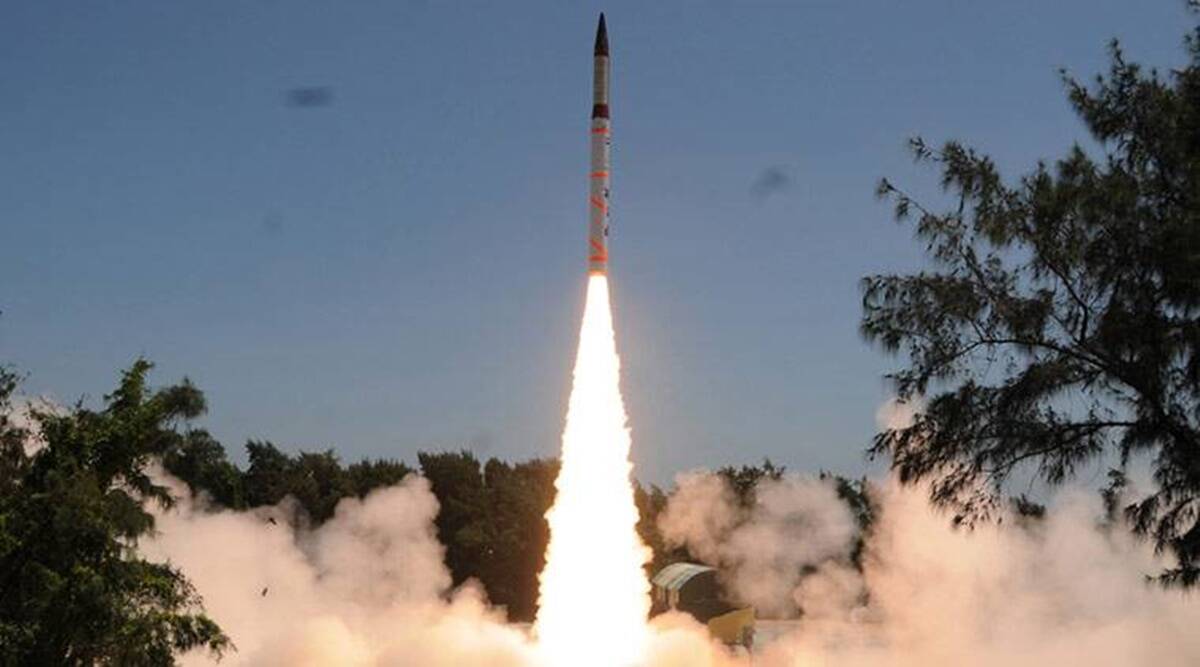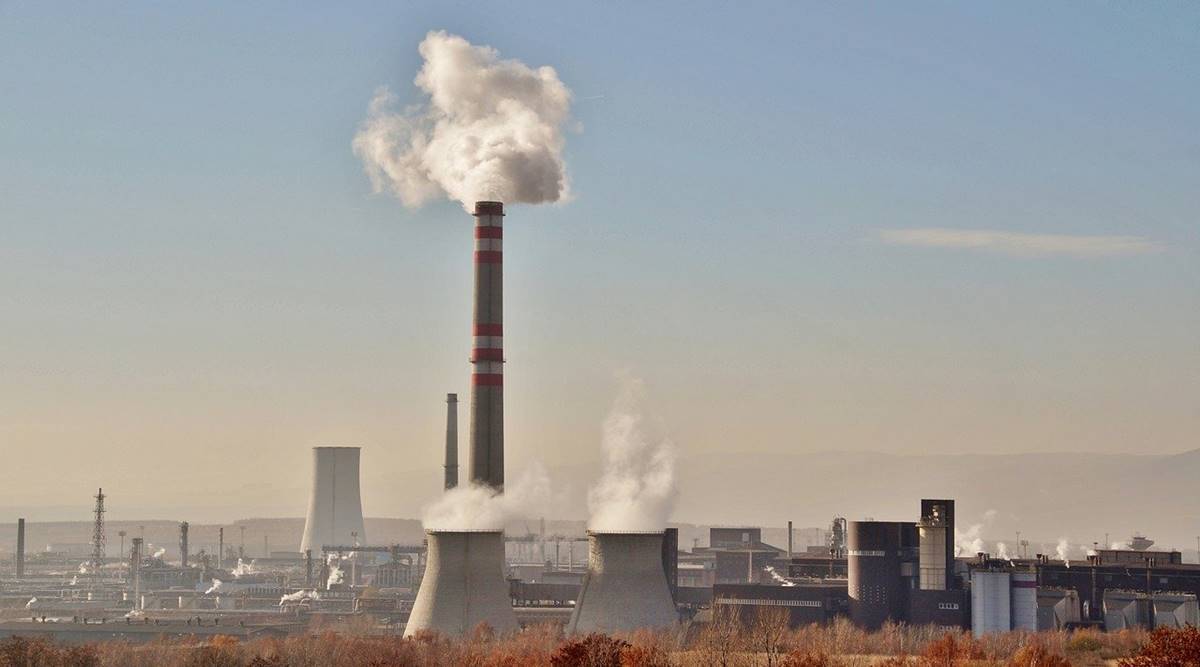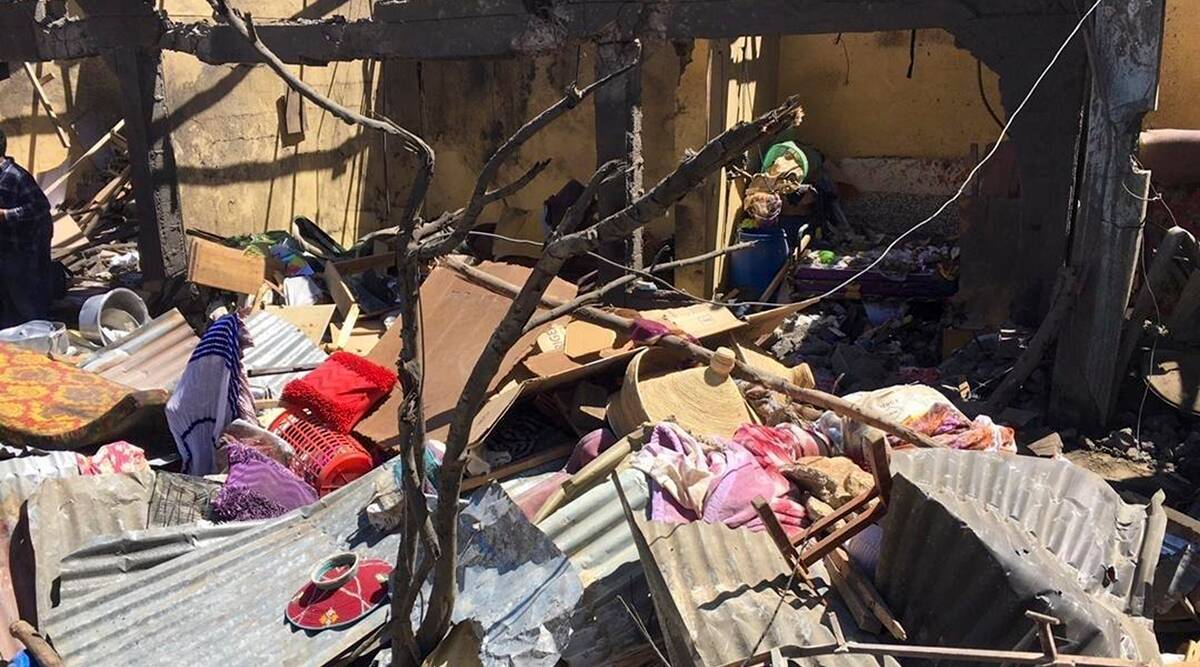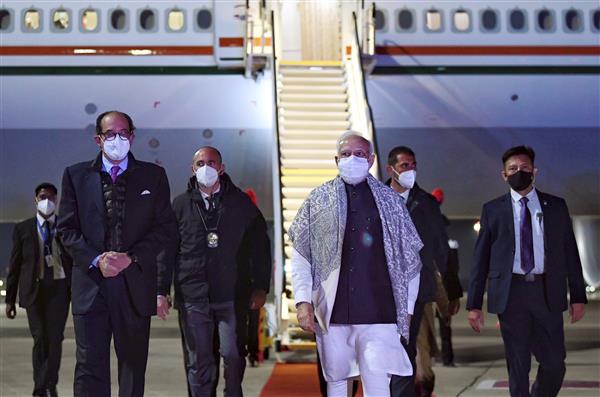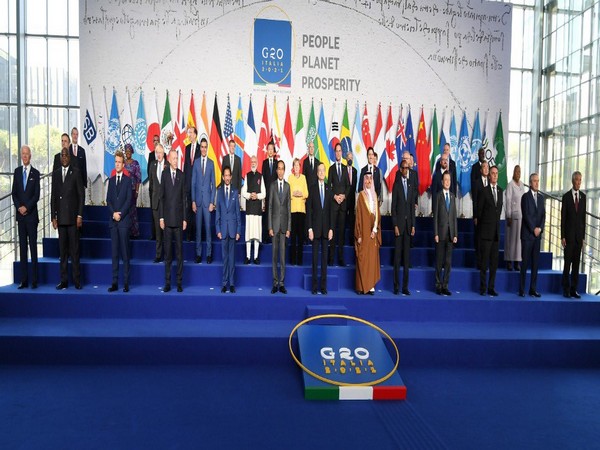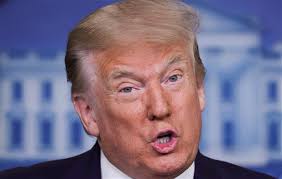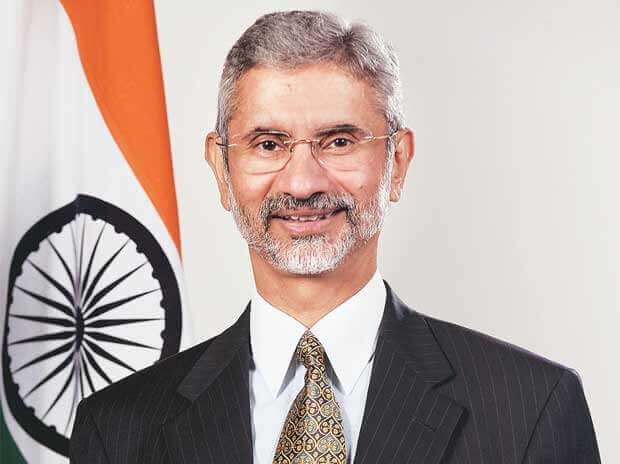
07/12/2025
New Delhi, July 12: Indian External Affairs Minister S Jaishankar is likely to travel to Tianjin in China for the meeting of Foreign Ministers of the Shanghai Cooperation Organisation on July 14-15, sources have told.
According to the Indian Media, Chinese Foreign Minister Wang Yi is expected to host the meeting which will be attended by counterparts from Pakistan, Iran and Russia among others.
This will be Jaishankar’s first visit to China since the start of the military standoff along the Line of Actual Control in eastern Ladakh in May 2020.
The meeting of the Foreign Ministers will also set the stage for the SCO Leaders’ Summit in Tianjin, which is expected to be held early September.
Jaishankar’s visit follows visits by Defence Minister Rajnath Singh and NSA Ajit Doval, who had travelled to China in the last week of June for SCO meetings.
While these discussions are taking place in multilateral meetings, they assume significance in the bilateral context.
Delhi and Beijing have been working towards normalising their bilateral relationship, but India’s Operation Sindoor against China’s ally Pakistan brought out divergences in the relationship.
In recent days, Indian Army officers have publicly accused China of complicity in Pakistani military strikes against India in the wake of Operation Sindoor. Lt General Rahul R Singh, Deputy Chief of Army Staff (Capability Development and Sustenance), said Beijing provided “live inputs” to Pakistan on Indian operational deployment even when talks were underway between the Indian and Pakistani Directors General of Military Operations regarding cessation of hostilities.
Naming Pakistan, China and Turkey as the “three adversaries” India faced on its “one border” in the north, Lt Gen Singh said China provided “all possible support”, treated the northern border as a “live lab” to test its weapons supplied to Pakistan, and had followed its “36 stratagems”, hoping to kill the adversary with “a borrowed knife”, and to “use the neighbour to cause pain”.
This was the strongest indictment of Beijing’s involvement in the military confrontation between India and Pakistan in May.
In the last week of June, eight months after the disengagement of troops at the LAC in eastern Ladakh, Rajnath Singh told his Chinese counterpart Admiral Dong Jun that there was need for a “structured roadmap of permanent engagement and de-escalation”. He called for a “permanent solution of border demarcation”.
In his talks on the sidelines of the meeting of SCO Defence Ministers in Qingdao, Singh underlined the need for “bridging the trust deficit created after the 2020 border standoff, by taking action on ground”.
The SCO Defence Ministers failed to issue a joint statement after Singh declined to sign the draft statement which omitted a reference to the April 22 Pahalgam terror attack in J&K.
So, Jaishankar’s visit will be a challenging task for New Delhi. China is the host of the SCO Leaders’ Summit in Tianjin which will be hosted by President Xi Jinping.
Doval had travelled to Beijing in December last year when India and China agreed on a set of “six consensus” including resumption of the Kailash Mansarovar Yatra, trans-border river cooperation and Nathula border trade. This was announced by the two sides following talks in Beijing between Doval and Wang Yi — they are also the Special Representatives (SRs).
The two sides have taken some steps including the resumption of the Kailash Mansarovar Yatra, currently underway. The two sides are also talking to each other about resuming direct flights and are looking to ease visa curbs for Chinese nationals and sharing data on transnational rivers like the Brahmaputra.
The two sides also agreed to jointly make preparations for the 24th Special Representatives’ Meeting on the China-India Boundary Question.
Sources said the Indian side is working towards engaging the Chinese side with “eyes wide open” because the border situation is still not normal. About 50,000-60,000 troops are still deployed on either side of the LAC.
